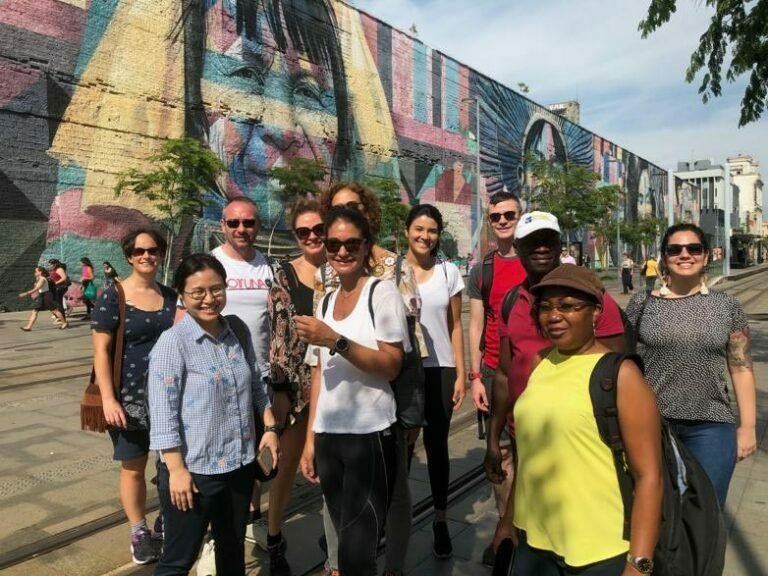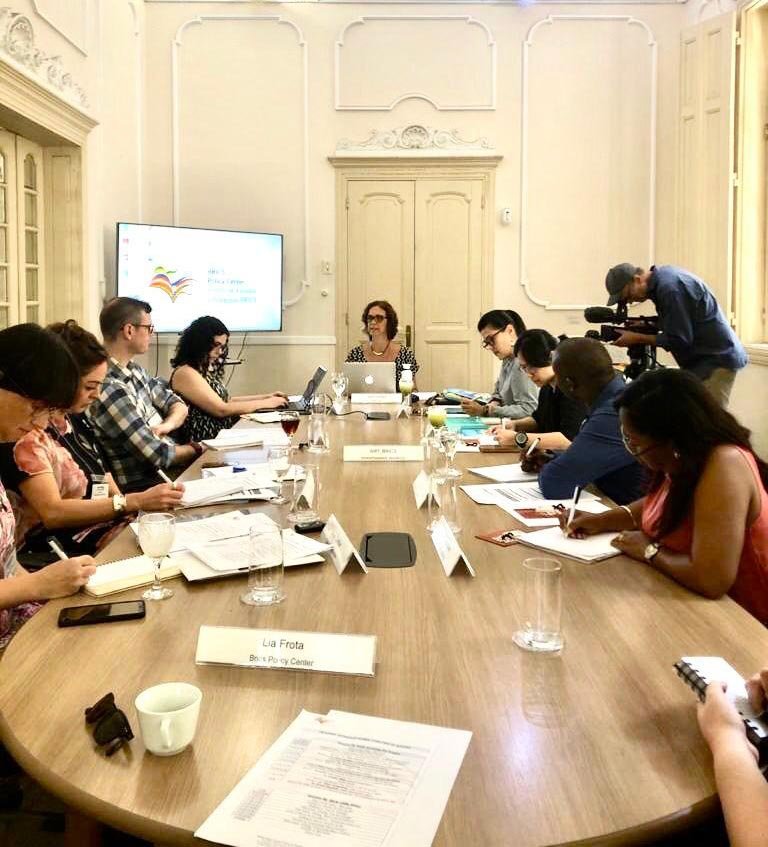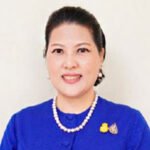
Modern Slavery is a sustainable development issue for cities and communities, which can impact upon multiple aspects of human flourishing including economic prosperity, health and wellbeing, education, climate action, decent work, and peace and justice.
The significance of modern slavery as an international challenge is recognised in the UN’s Sustainable Development target 8.7; to take immediate and effective measures to eradicate forced labour, end modern slavery and human trafficking and eliminate the worst forms of child labour by 2030.
beGlobal is a social impact network focused on building community resilience against modern slavery and human trafficking. It was born in 2019 with the implementation of the project Global Cities Free of Slavery. The objective was to build a common ground of understanding to develop, scale and share sustainable approaches to fight modern slavery.


After 2 years of debates and studies, we understood that keeping the network alive was a necessary outcome of the project, and this is the context where beGlobal was born. beGlobal, similar to GCFS, aims for the continuity of dialogue and knowledge exchange because apart from the obvious relevance of the governmental institutions (city, state and country level), we consider that individuals, local initiatives, civil society, international organizations, and private sector can positively impact the anti-modern slavery agenda.
Therefore beGlobal is an international project, coordinated by Modern-slavery Research Center at BRICS Policy Center (PUC-Rio), with the co-coordination of the Rights Lab (University of Nottingham). The network currently has the active participation of the cities of Rio de Janeiro in Brazil, Maputo in Mozambique, Bangkok in Thailand and Nottingham in the United Kingdom and aims for the development, scaling and sharing sustainable approaches to achieving resilience against slavery.
The beGlobal Network believes that knowledge exchange is a relevant tool to solve local problems that have global impact, such as modern slavery. That way, raise awareness on new forms of slavery worldwide, as well as prevention and understanding of available measures to tackle modern-slvarey that can be locally implementad and globally escaled are our goals.
Raise awareness on new types of modern slavery in the world, through the production of research, diagnoses and conferences.
Understanding and prevention of anti-modern slavery measures that are implemented locally for dissemination on a global scale.
Promote good practices exchange to collectively think new and alternative measures to tackle modern slavery.

Rights Lab, University of Nottingham

Institute of Asian Studies, Chulalongkorn University

Institute of Asian Studies, Chulalongkorn University

Institute of Asian Studies, Chulalongkorn University

Department of Sociology, Eduardo Mondlane University

Department of Sociology, Eduardo Mondlane University

Department of Sociology, Eduardo Mondlane University

Department of Linguistic and Literature, Eduardo Mondlane University

BRICS Policy Center / University of Denver

BRICS Policy Center / Pontifical Catholic University of Rio

BRICS Policy Center / Pontifical Catholic University of Rio

BRICS Policy Center / Pontifical Catholic University of Rio